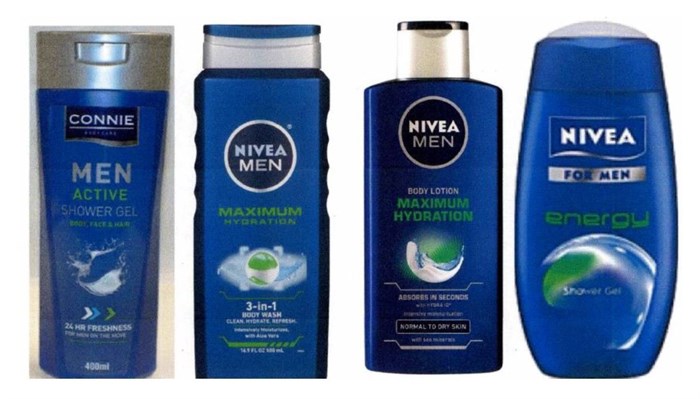Once in a while, an intellectual property judgment is handed down that upsets the proverbial apple cart. The SCA (Supreme Court of Appeal) judgment in the Koni Multinational Brands (Pty) Ltd vs Beiersdorf AG case, is arguably such a judgment.

Rachel Sikwane
The case involved Koni (Koni Multinational Brands (Pty) Ltd), a South African brand company partly owned by renown TV personality and businesswoman, Connie Ferguson, and BAG (Beiersdorf AG), the owner of the ‘Nivea’ brand. Koni was hoping the SCA would come to its defense and deliver an epic Davidesque triumph against a big brand Goliath – but alas.
Instead, the SCA upheld the High Court’s order and agreed that Koni was competing unlawfully with BAG by passing-off its ‘Connie’ men’s shower gel product as being one of BAG’s products, or as being associated with BAG.
The crux of the case revolves around two terms – get-up and passing-off. “Get-up” is also known as a product’s trade dress and refers to the overall appearance and visual elements of a product [packaging], such as colour combinations, container shape, size, etc. “Passing-off” occurs when one person makes a representation that his business or product is that of another (or associated with that of another), resulting in a reasonable likelihood that members of the public may be confused into believing such representation. With the above in mind, BAG requested the courts to consider and compare the following products:

Image courtesy of Koni vs BAG SCA judgment; depicting the get-up of the products on which BAG’s case was based.
You may ask – so, what is the upset? I will discuss three.
The law of passing-off is not designed to grant monopolies in get-ups. In fact, a certain amount of copying is allowed, provided the copier makes it clear that the product they are selling is not the other manufacturer’s, so that there is no probability of any ordinary purchaser being deceived. In this case, it is evident that Koni was inspired by BAG’s get-up when it adopted a get-up for its men’s shower gel product. However, by conspicuously applying the Connie brand name to its get-up, Koni distinguished its product from BAG’s Nivea Men products. The distinctive trade marks, namely Connie and Nivea Men, are the most prominent features on the respective product get-ups, yet neither the High Court nor the SCA seem to have acknowledged this. This is the first upset.
The second upset is that BAG claimed that it had acquired a substantial reputation in its get-up in South Africa and worldwide. However, the evidence that it submitted to the courts related to the Nivea Men trade mark, as opposed to the get-up. Furthermore, on closer inspection, BAG’s evidence, which included a brand health tracking survey, contradicted BAG’s claims. The survey concluded that although the Nivea Men brand held a strong position, it did not have a distinctive image profile. I understand this to mean that “consumers know your Nivea Man trade mark, but do not identify with anything else on your get-up”. One would have expected Koni’s representatives to point this out and for the High Court and SCA to take note of it. Interrogation of evidence is critical in passing-off matters. Unfortunately, however, it seems that this was not done.
When considering the Connie and Nivea Men products, the class of customers would most likely be urban and discerning men, with some brand awareness and loyalty. This is important to point out because, firstly, such a customer is more likely to identify BAG’s products by the Nivea Men trade mark (irrespective of the get-up applied to the products). Secondly, it is unlikely that such a customer would totally ignore the Connie trade mark and confuse Koni’s product for one of BAG’s products. The SCA noted that BAG’s attorneys had presented the courts with misleading evidence of “actual confusion”, which the courts rightfully disregarded. However, one would have thought that the SCA would have then also inferred such conduct to mean that a claim of actual confusion is in fact nonexistent, but also improbable. Unfortunately, however, the SCA did not make such an inference, nor did it consider the notional customer in the manner set out above. The third upset.
Judge TM Makgoka notes the above “upsets”, and others, in his minority judgment. Like me, the judge expected Koni to win. And after going through the detailed analysis that he sets out in this judgment, it is somewhat surprising that Koni lost. Nonetheless, hopefully Judge Makgoka’s reasonings will be considered and applied by the courts in future passing-off cases…and reset the overturned apple cart.


































